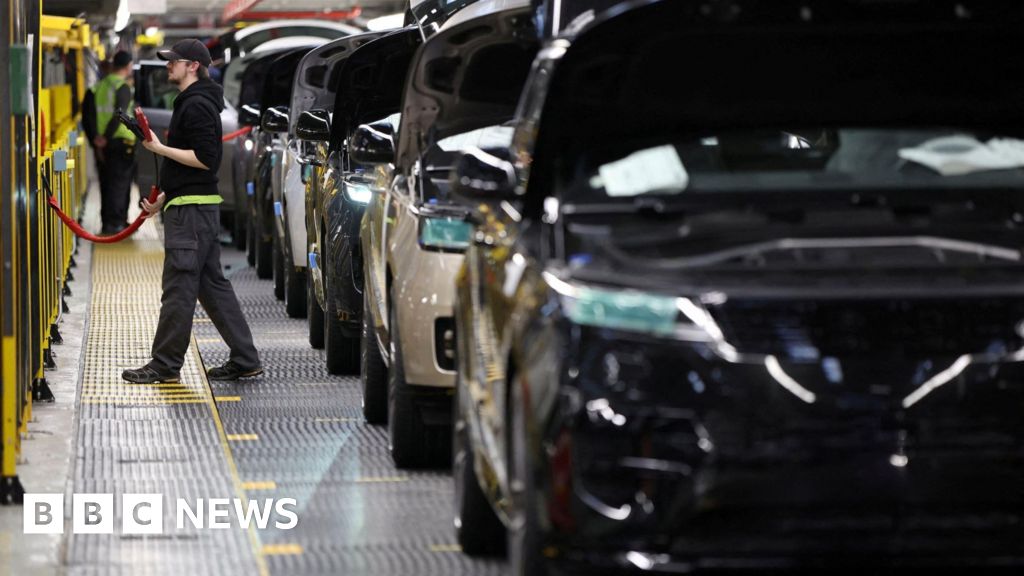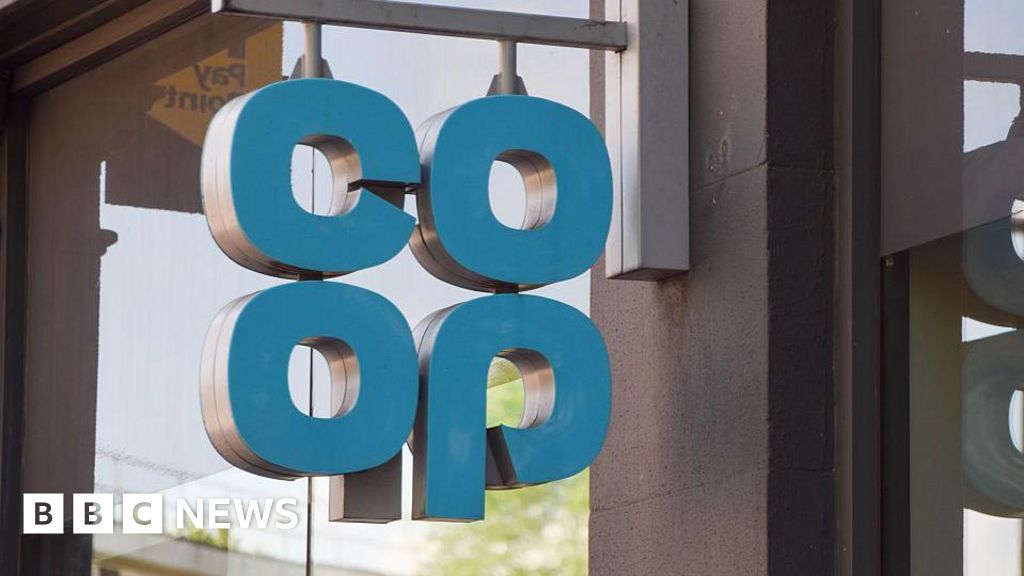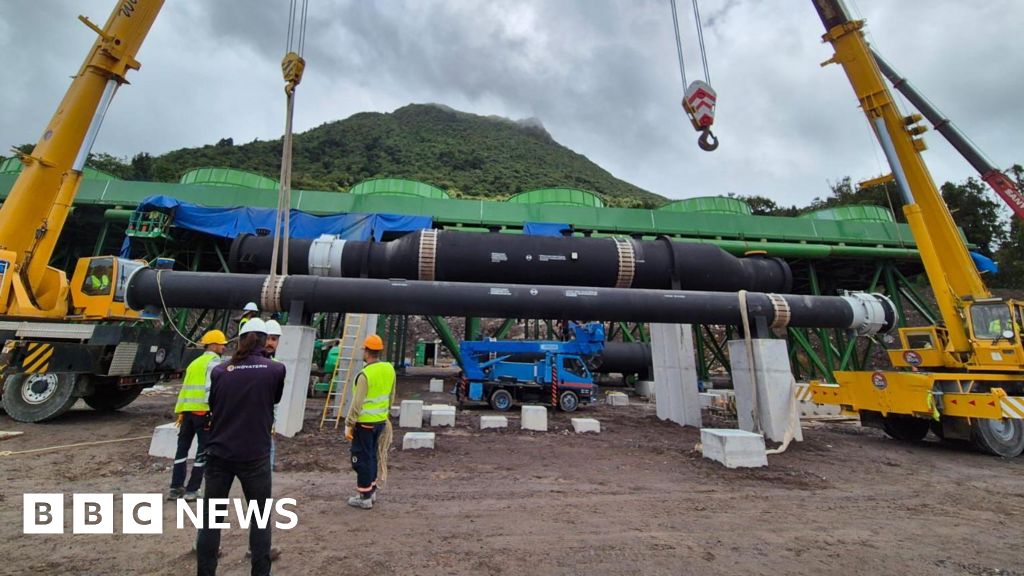ARTICLE AD BOX
By Oliver Smith & Michael Race
Business reporters, BBC News
Image source, Getty Images
Russia's invasion of Ukraine could lead to prices rising at a rate not seen in decades, analysts suggest.
Karen Ward, chief market strategist at US investment bank JP Morgan, said the economic fallout from the conflict could result in inflation reaching 8%.
Global oil and gas prices have already surged following the invasion, pushing UK petrol prices to record highs.
There are also fears food production costs could rise, with Russia being a large exporter of fertiliser.
"Russia and Ukraine are major exporters of not just oil and gas, but food," said Ms Ward, who was previously an advisor to former chancellor Philip Hammond.
"[They export] wheat, fertilisers, so that's going to impact the broad food chain and I think it's highly likely now in the UK we'll see inflation reach 8% which is a number we haven't seen in 30 years," she added.
Both Russia and Ukraine have at times been dubbed "the breadbasket of Europe", exporting about a quarter of the world's wheat and half of its sunflower products, such as seeds and oil.
The war has led to analysts warning grain production could be hampered, causing global wheat prices to double, which could have knock-on effects across the world as supplies struggle to keep up with demand.
The UK typically produces more than 90% of the wheat consumed in the country. However, farmers might find themselves paying more for the fertiliser used on crops.
Those higher costs could therefore be passed onto customers through higher food prices.
Image source, Getty Images
Pantheon Economics said the outlook for the UK economy had "darkened" following Russia's assault on Ukraine, as it also raised its inflation forecast to 8% in April, from a previous estimate of 7.7%.
Its higher forecast was in response to oil prices over the past week, it said, as barrels hit their highest price for more than seven years, passing $100 (£74) following the invasion on Thursday.
The RAC and AA motoring groups have said average petrol prices hit nearly 149.5p on Wednesday, with diesel at 152.83p.
Analysts also warned of big price increases for natural gas, and suggested the UK energy regulator, Ofgem, would increase its energy price cap - which limits what suppliers can charge - by about 30% in October, above the 11% previously assumed.
Russia is the world's largest natural gas exporter, and there are concerns Western sanctions could push President Vladimir Putin to constrict supplies to Europe.
Such a move would drive up wholesale prices worldwide, including in the UK, which gets little of its gas from Russia directly.
A bank, Investec, has warned household energy bills could top £3,000 a year in England, Wales and Scotland from October, in part due to the conflict. Regulator Ofgem's latest rise in the price cap comes into force in April, with the next adjustment due in October.
Higher interest rates?
The Bank of England has warned inflation could rise above 7% this year, but Ms Ward said it wasn't clear at this stage how the conflict in Ukraine might impact the Bank's decision around raising interest rates, which is a traditional response to cool inflation.
"The Bank of England will say 'If we raise interest rates, we're not going to bring down energy prices and in fact if we raise interest rates because the economy is already slowing because of the conflict, we could make matters worse", Ms Ward said.
"However, the job becomes very difficult if higher inflation feeds higher wages and inflation gets embedded in the system. That's where they may have to react by raising interest rates into a slowdown.
"Stagflation - slowing growth, higher inflation - is certainly a risk in this environment. I think at the moment the Bank of England will prioritise supporting growth but certainly cost shocks, that is where we end up with slowing growth and rising inflation", she added.
Higher inflation rates have led Pantheon Economics analysts to forecast that real incomes will drop by the largest amount since World War Two.

 3 years ago
73
3 years ago
73








 English (US) ·
English (US) ·